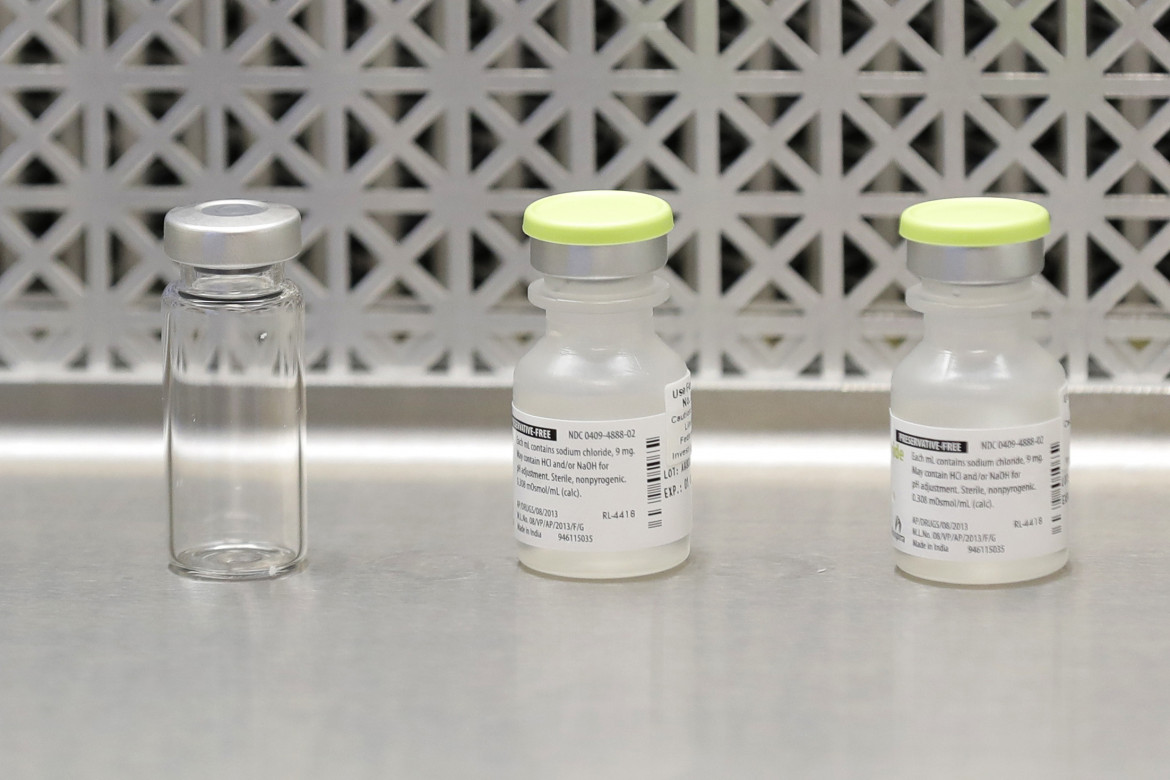Commentary
Why the vaccine is a common good
The issue of ‘common good’ poses a fundamental problem that must be positioned clearly, so that we do not miss this opportunity to radically change our approach towards something that goes far beyond health.

In the tragic days of the pandemic, what appears to be the definitive solution to the COVID-19 problem is making its way forward: the vaccine. Accordingly, there are more and more petitions calling for its use as a “common good” so that its distribution would reach all those who need it, thus potentially at least 60% of the world population.
But the challenge of fair access to this “common good” runs up against two issues that need to be addressed and resolved: the first is the very definition of “common good,” the second is the legislation of the WTO (World Trade Organization) that guarantees intellectual property rights (Trips) to the manufacturers of drugs.
While the second issue seems to be entirely political (it can be tackled with the rules of the WTO) the issue of “common good” poses a fundamental problem that must be positioned clearly, so that we do not miss this opportunity to radically change our approach towards something that goes far beyond health.
With regard to the WTO Trips regulations, some people might perhaps remember the position of the U.S. when they asked for a derogation for the manufacture of the antidote against the anthrax attacks in 2001. Back then, I was covering WTO issues for the World Social Forum, and was in Doha to attend the Ministerial Meeting.
After those attacks, the WTO issued a statement in which it said that the Trips rights had to be in the service of public health in any case, and so a first derogation was introduced under pressure from the United States, under paragraph 17. In later times, India and South Africa have taken the same steps with regard to anti-HIV drugs, at the time extremely expensive because they were covered by patents.
Accordingly, those who are fighting today for the rules of the WTO to be changed toward suspending the Trips provisions with regard to the COVID-19 vaccine are not only right, but they can also rely on some significant precedents.
As regards the issue of the vaccine as a “common good,” it would be appropriate to clarify that this definition is not, as it might seem, merely a return to the socialism of the past century, with the principle that whatever was considered vital had to be available to everyone. This is not the case, or at least not only.
From the fight to define water as a “common good,” we have learned, thanks to the indigenous peoples who taught us its real meaning, that the term doesn’t just mean that we all have the same good in common, but that we have something in common with that good. In other words, I call water a “common good” not only because everyone must be able to have access to drinking water without it being turned into a commodity, but because I have understood that I have something in common with water: we are made of the same element; the water “outside” of me calls out to the water “inside” me.
From this elemental-level communion comes a true respect for the “common good,” not only a different use of the term. But what does all this mean for a vaccine?
Indeed, the link is even deeper here, if that’s possible. If we understand what unites us with the virus as part of the whole of living things, it’s the fact that because of our action, its existence, once confined in certain biomes which we have now invaded, forced it to migrate into our lungs (as spillover). As a result, perhaps from this pandemic we might really draw a new awareness, a new relationship between us and the rest of all living things.
This is why the battle for the vaccine as “common good” is taking on a systemic, paradigm-level scope. The only thing worse than this pandemic is the risk of wasting this opportunity—so let us adopt the right definition of “common good,” according to the value that it really represents.
Originally published at https://ilmanifesto.it/bene-comune-perche-con-il-virus-siamo-in-condivisione/ on 2020-11-22
